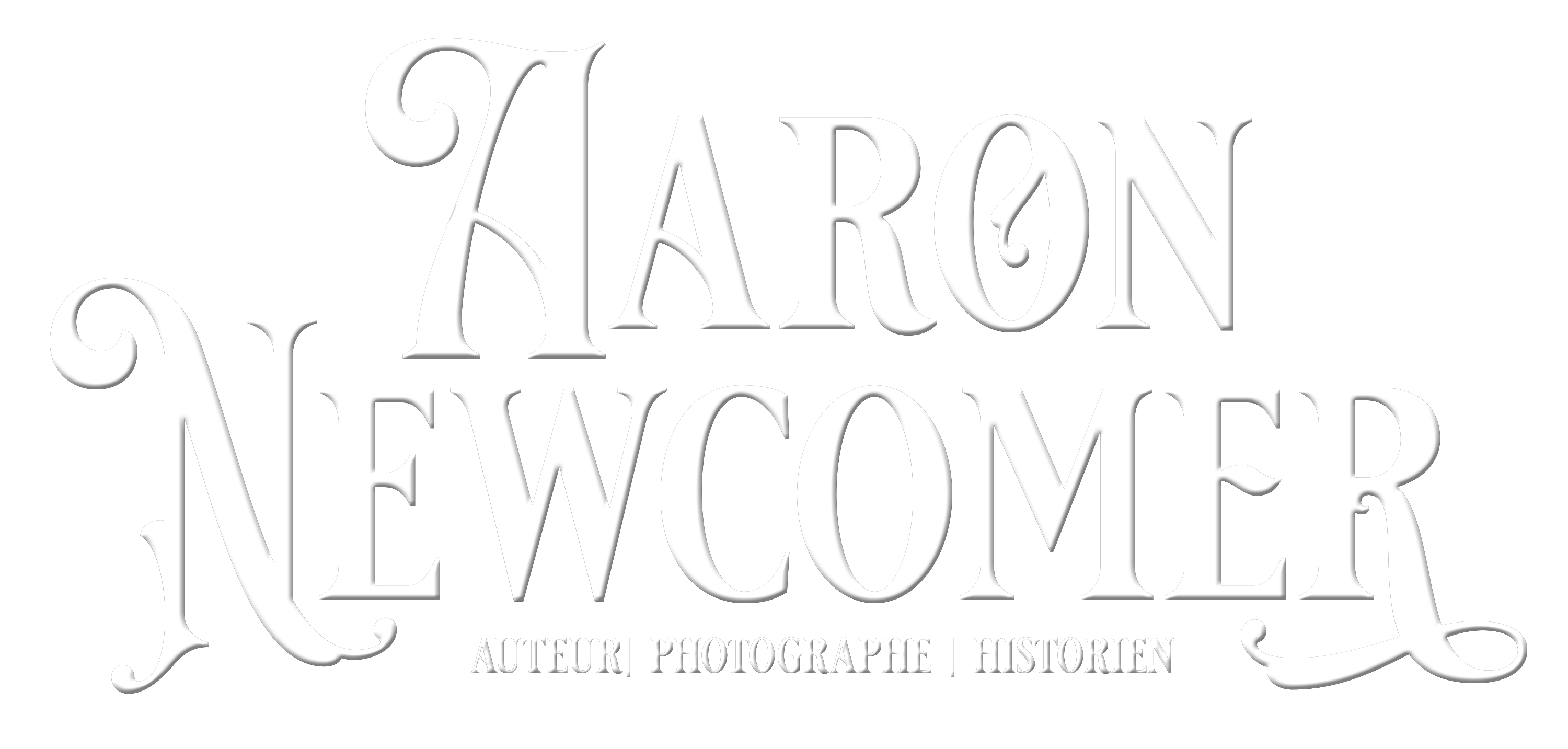Our exploration of the relationship between pinfire cartridges and the United States continues with a look at Allen & Wheelock et Ethan Allen & Co.

Ethan Allen was in the firearms and cartridge industry for nearly 40 years beginning in 1832. Many other articles and books cover his business relationships in much more detail than I will go into. This article will only take a look at the time periods where he was making pinfire cartridges.
In the early 1860s Ethan Allen filed for a patent on what would become known as his lipfire cartridge. His patent was initially denied because examiner thought they were too similar to the pinfire cartridges; specifically, the ones described in Eugene Lefaucheux’s 1854 revolver patent filed in England by patent attorney John Henry Johnson. Allen responded that the pinfire cartridge was well-known in the United States and that his lipfire cartridge was an improvement in many ways such as being gastight, waterproof, and less dangerous. He mentioned the dangers of unintentional detonations of pinfire cartridges when dropping them. The patent office agreed with his remarks and noted that other than the fact that they were both cartridges there were practically no other similarities. Even though Allen believed his lipfire cartridges were superior to pinfire cartridges he realized that there was still money to be made from them.
ABONNEZ-VOUS AU BLOG PAR EMAIL
À PROPOS DE MOI
 Bonjour, je m'appelle Aaron Newcomer. Je suis collectionneur et chercheur sur les systèmes d'armes à feu à chargement par la culasse du début du 19e siècle, avec un intérêt particulier pour les travaux de Jean Samuel Pauly et Casimir Lefaucheux. Je collectionne les cartouches et les documents liés à ces types d'armes à feu et je mène des recherches sur ces sujets, approfondissant ma compréhension et ma connaissance de ces armes historiques et leur place dans l'évolution de la technologie des armes à feu. Ma collection et mes recherches reflètent mon engagement à préserver et à comprendre l'histoire et les innovations techniques de ces systèmes d'armes à feu anciens.
Bonjour, je m'appelle Aaron Newcomer. Je suis collectionneur et chercheur sur les systèmes d'armes à feu à chargement par la culasse du début du 19e siècle, avec un intérêt particulier pour les travaux de Jean Samuel Pauly et Casimir Lefaucheux. Je collectionne les cartouches et les documents liés à ces types d'armes à feu et je mène des recherches sur ces sujets, approfondissant ma compréhension et ma connaissance de ces armes historiques et leur place dans l'évolution de la technologie des armes à feu. Ma collection et mes recherches reflètent mon engagement à préserver et à comprendre l'histoire et les innovations techniques de ces systèmes d'armes à feu anciens.
Pour en savoir plus sur moi et où mes travaux ont été publiés.
SECTIONS DU SITE
ARTICLES EN VEDETTE
Recherche
Articles récents
- Jenour’s “Brittle Charges”: The Ammunition Baked Like Bread
- The Innovative Firearms of Joseph Alexandre Robert: Revolutionizing 19th Century Weaponry
- The Davoust Shot Concentrator: A French Answer to Unruly Patterns (1855–1859)
- Wohlgemuth’s Break-Action Musket Conversion and Rifled Barrel Insert System
- From Collector to Founder: How My Passion for Historical Documents Led to an AI Startup






